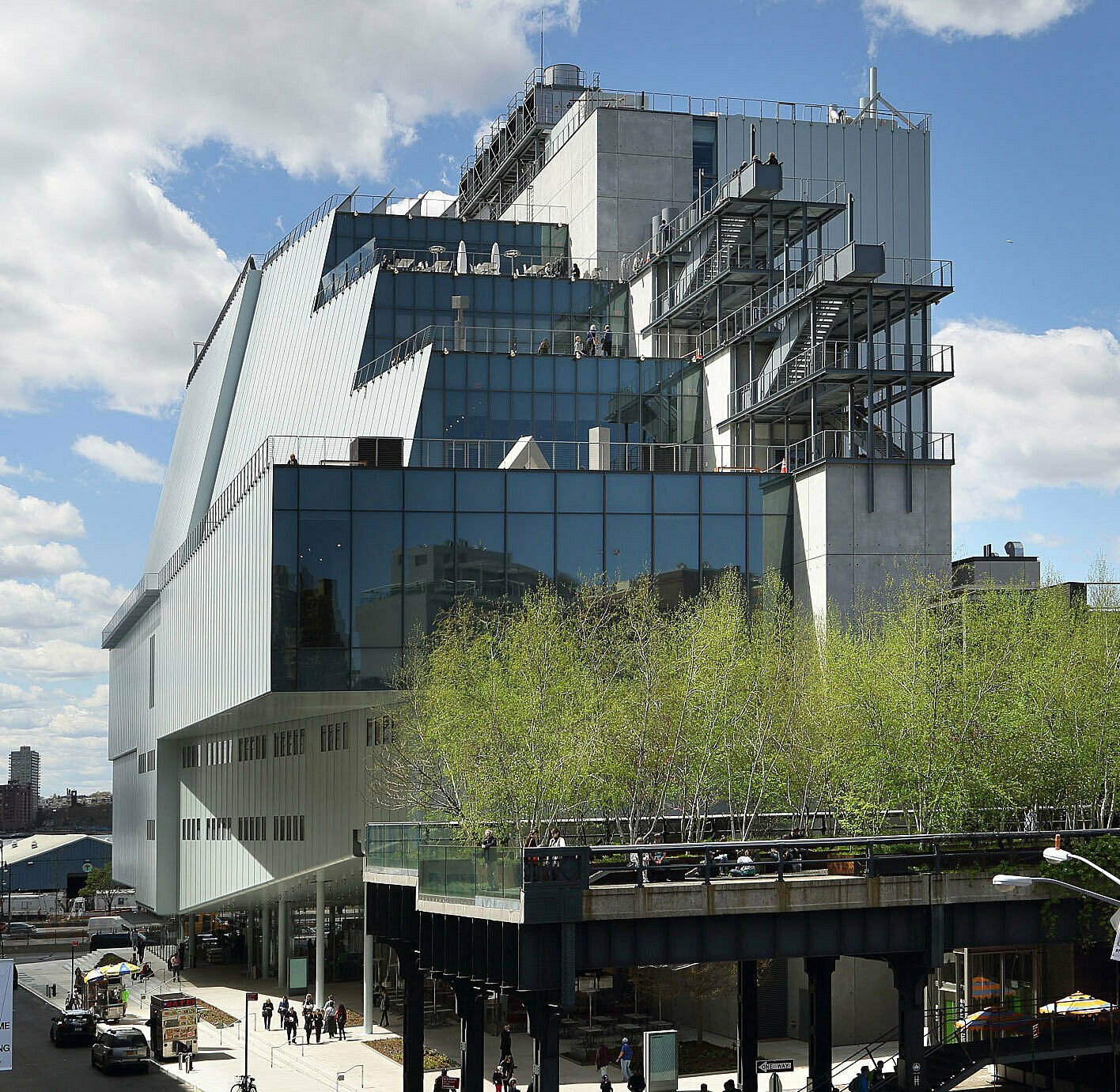
Employees at the Whitney Museum of American Art and the Hispanic Society of America are the latest New York museum workers seeking to unionize, following in the footsteps of institutions across the country.
The Hispanic Society petition was filed with the National Labor Relations Board on May 7, and the Whitney’s followed suit on May 17, reports the New York Times.
Workers at both museums are looking to join the Technical, Office, and Professional Union, Local 2110, part of the United Automobile Workers (UAW) union, which has represented staff at New York’s Museum of Modern Art and the New-York Historical Society since the 1970s and the Bronx Museum of the Arts since 2005.
“The Whitney respects the staff’s desire to engage in a dialogue about collective bargaining and remains committed to supporting all staff, regardless of union affiliation,” a representative for the museum told Artnet News in an email.
The Hispanic Society did not respond to a request for comment.
The Whitney Union logo.
Prolonged salary negotiations between MoMA and its union in 2018 helped spark the recent drive to unionize at other museums. Then the layoffs and furloughs triggered by the pandemic stirred greater desires for employment security.
The Whitney cut about 20 percent of its workforce over two rounds of layoffs during the pandemic.
“Many of us are looking for more job security within our roles at the Whitney,” said Karissa Francis, a visitor services assistant at the Whitney who is helping organization efforts, in a statement. “The lay-offs were a wake-up call to the need for better protection, and we realized we would have to band together to negotiate for better working conditions.”
“There’s big a big wave of unionization among workers at cultural institution because people are coming up against real pay inequality. At many of these institutions, there are corporate boards and highly paid leaders, and yet people on the ground who do the work are paid very low salaries,” Maida Rosenstein, the president of Local 2110, told Artnet News.
The Hispanic Society of America building on the Audubon Terrace in Washington Heights, New York. Photo by Asaavedra32, Creative Commons Attribution-Share Alike 3.0 Unported license.
The Hispanic Society closed for renovations over four years ago and, though the work was completed in 2019, there is still no set reopening date. Concerns about the situation helped motivate the union drive, along with the institution’s decision to eliminate its employee pension plan. The plan was no longer offered to new employees in 2015, and was phased out entirely in February, without adjusting wages. Museum staff claims the pensions were the institution’s way of compensating for below-market salaries.
“The museum closed in January 2017, and there is still no viable plan to reopen the museum and display the permanent collection,” Monica Katz, the museum’s collections manager, said in a statement. “Recent decisions by the board have jeopardized the collection, undermined the priorities of the staff, and thrown the organization’s future into question.”
The society’s 25-person bargaining unit includes curators, conservators, librarians, educators, and facilities staff. At the Whitney, about 180 employees, including curators, conservators, editors, and porters are seeking union representation.
MoMA union worker protest at the Museum of Modern Art. Photo by Sarah Cascone.
In recent months, the UAW has also organized staff from the Museum of Fine Arts Boston, the Portland Museum of Art in Maine, and the Massachusetts Museum of Contemporary Art in North Adams, as well as the New York nonprofit Studio in a School.
Other institutions that have successfully unionized in recent years include the Guggenheim Museum in New York, the Philadelphia Museum of Art, and the Museum of Contemporary Art, Los Angeles. Employees at the Shed, the New Museum, and the Lower East Side Tenement Museum in New York have all joined UAW.
The Tenement Museum signed a 10-month contract in January after 17 months of negotiations, providing recall rights for workers laid off during the pandemic—which included 80 percent of members of the bargaining unit.
“The pandemic was very galvanizing because it became very clear that where there were layoffs, staff had very little agency and power,” Rosenstein said. “Organizing is a way to address these imbalances. People are organizing a union so they have some more voice and more leverage in their workplace when it comes to the conditions of their employment.”
“Things are changing nationally for arts workers, and we, as Whitney staff members, want to be part of that positive change,” Francis added.